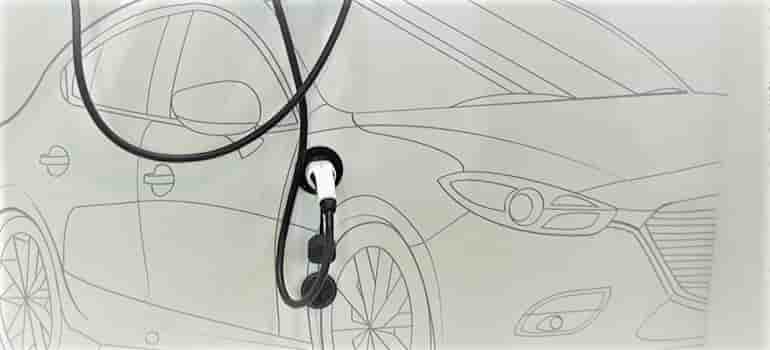
All the bets are off the table due to the COVID-19 pandemic…especially for the automotive sector and the fledgling EV sector in India fares no better.
Overall the automotive industry had started to show strains in the growth trajectory even before the dreaded Corona virus spread it tentacles. The macro economic scenario compounded by a shift in demand pattern (hire versus buy, ride versus drive) had created a demand side slump. The BS-VI transition while required, had aggravated the pains in the auto sector. The ride downhill of the auto industry – not only in India but globally – was for everyone to see.
Coming to the impact on the EV industry, this has to be seen from three perspectives – supply side, demand side and investments.
“All the EV setups which were an assembly house with huge reliance on China will suffer the supply shock which may possibly extend at least 6 months.”
The Indian EV sector was centered around sourcing key components including lithium-ion cells and critical electronic components from China. With the exception of a few companies, most other manufacturers sourced most if not all components from China and at best assembled them in India. Covid-19 crisis has caused a slowdown of China’s economic growth, and the global manufacturing powerhouse has come to a standstill. The majority of the production facilities remain closed or are not able to attain full production capacity due to shortage of staff and raw materials. So all the EV setups which were an assembly house with huge reliance on China will suffer the supply shock which may possibly extend at least 6 months.
The Chinese companies supported by the government are truly resilient and are capable of getting back the manufacturing engine back on track albeit slowly. But the pandemic has changed the global socio-economic constructs where China is seen as the rogue. This is bound to change government stance on imports. So the supply shock due to shut down in manufacturing will be followed by a trade restriction impact.
“Post COVID-19 socio-economic triggers to look away from China, the entire EV ecosystem will move from ‘assemble in India’ to ‘Make in India”
On the positive side however, the post COVID-19 socio-economic triggers to look away from China, the entire EV ecosystem will move from ‘assemble in India’ to ‘Make in India’. This will test the research and product development capabilities in India and possibly move the Indian EV ecosystem from a business proposition to an innovation and technology proposition.
On the demand side, the EV sector will suffer the same fate as that of the overall automotive sector – that of a long term slow down. Some reports of a spurt in Auto demand in China post the pandemic are not going to be the true barometer of Auto sector growth. Spurts will not and should not be mistaken for positive trends in the sector.
“Clean mobility can become a rallying call for adoption of EV a lot faster.“
But there could be a silver lining in the sky for EV almost literally. During this lockdown, it has become obvious to governments and urban residents what can happen when you move out polluting vehicles off the road. Clean mobility can become a rallying call for adoption of EV a lot faster. While this may not push the demand significantly higher but potential customers or at least listening ears would increase multifold.
As regards investments, the EV ecosystem was driven by start-ups. Even the large auto giants were in a start-up mode with respect to their EV ambitions. In the post COVID-19 world, the ability of these start-ups to raise capital will be overcast by the global economic challenges. China which was a major start up investor across industry, was a key player in the EV ecosystem with keen interest in India. Chinese investments may be forced completely off the grid due to reasons beyond pure technical reasons.
However, truly grounded EV companies were always geared for the long run, since this industry was still in its inception and any real term business outcome was some time away. To that extent the EV ecosystem was inadvertently prepared for the long haul. Unfortunately, any EV company which had a short horizon was destined to bury themselves – just that this pandemic will dig the grave a bit earlier.
The EV industry will have to reinvent itself – from moving in technology to developing locally, from positioning itself as a competition to ICE engine to a social mandate of clean mobility, from focussing only on moving goods and people to a technology (connected, analytics, artificial intelligence, autonomous) driven concept.
It might take a year or more for the auto industry to get back to some semblance of normalcy, but the EV ecosystem can get on its feet a lot faster.
About The Author

Maxson Lewis
Managing Director
Magenta Power
Views expressed in this article are those of the author and do not necessarily reflect those of the editors or publishers. Climatesamurai.com shall not be responsible for any damage caused to any person/organisation directly or indirectly.

